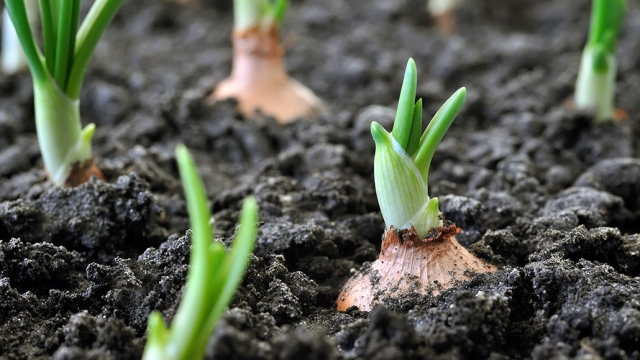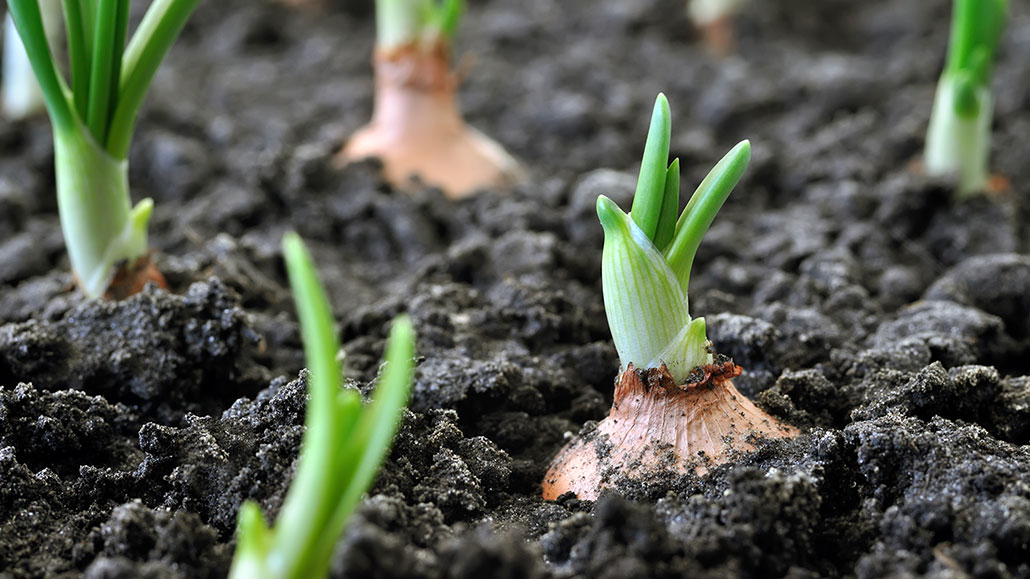
Unearth the Secrets of Organic Soil: Unleashing Nature’s Power for Thriving Gardens
Gardening enthusiasts, prepare to unlock the hidden potential of your soil! In this article, we delve into the world of organic soils, unearthing the secrets that lie beneath the surface. Organic soils offer a natural and sustainable approach to cultivating thriving gardens, providing a wealth of benefits for both plants and the environment. By nourishing the soil with organic matter and eschewing synthetic additives, gardeners can tap into nature’s incredible power to create flourishing landscapes. So let’s explore the wonders of organic soil and discover the fertilizers that can enhance every garden, allowing nature to take center stage in our green spaces.
Benefits of Organic Soil
Organic soil offers numerous benefits that contribute to the health and vitality of your garden. By harnessing the power of nature, this type of soil creates an ideal foundation for plants to thrive. From nutrient-rich composition to enhanced water retention, organic soil provides a range of advantages for every gardening enthusiast.
Firstly, organic soil is known for its ability to improve overall soil fertility. Packed with essential nutrients, such as nitrogen, phosphorous, and potassium, organic soil nourishes plants naturally. This nutrient abundance not only promotes robust growth but also helps plants develop strong root systems, leading to improved resistance against pests and diseases. Whether you’re cultivating vegetables, herbs, or flowers, the enriched fertility of organic soil will lay the groundwork for bountiful harvests and vibrant blooms.
In addition to its nutrient content, organic soil also boasts excellent water-holding capacity. Thanks to its high organic matter content, this type of soil retains moisture more effectively, reducing the need for frequent watering. This water retention ability is especially crucial during dry spells or in regions with limited water resources. By providing a consistent water supply to plant roots, organic soil supports healthy growth and minimizes the risk of drought stress, ultimately resulting in more resilient and thriving plants.
Furthermore, organic soil encourages the development of a thriving ecosystem within your garden. Its composition promotes the growth of beneficial microorganisms, such as bacteria and fungi, that contribute to overall soil health. These microorganisms enhance nutrient cycling, break down organic matter, and suppress harmful pathogens, creating a balanced and resilient soil ecosystem. By nurturing this intricate web of organisms, organic soil helps maintain long-term soil fertility and sustainability, ensuring the success of your garden for years to come.
In conclusion, utilizing organic soil in your garden provides a multitude of benefits. From enhanced fertility and improved water retention to the promotion of a healthy soil ecosystem, organic soil creates an optimal environment for plant growth. By embracing nature’s power, you can unleash the secrets of organic soil and experience the joys of a thriving and abundant garden.
Choosing the Right Organic Fertilizer
When it comes to organic soils, choosing the right organic fertilizer is crucial for nurturing a thriving garden. With so many options available, finding the perfect match can seem overwhelming. However, by considering the specific needs of your plants and understanding the different types of organic fertilizers, you can make an informed decision.
One type of organic fertilizer is compost. Compost is created by decomposing organic matter such as food scraps, yard trimmings, and leaves. This nutrient-rich material not only provides essential nutrients to plants but also improves soil structure and water retention. Compost can be made at home or purchased from a garden supply store, making it a convenient and sustainable choice for organic gardeners.
Another option is manure-based fertilizers. Animal manure, such as cow, horse, or chicken manure, is a popular choice among organic gardeners. Manure is packed with nutrients that plants need to thrive, including nitrogen, phosphorus, and potassium. Before using manure-based fertilizers, it’s important to ensure the manure has been properly composted or aged to eliminate any potential pathogens.
Lastly, there are organic fertilizers derived from natural sources, such as fish emulsion and seaweed extract. These fertilizers are typically liquid-based and are rich in nutrients like nitrogen, potassium, and trace minerals. Fish emulsion provides a quick boost of nutrients to plants, while seaweed extract stimulates growth and enhances plant resilience. These types of fertilizers are easy to apply and quickly absorbed by plants, making them a convenient option for gardeners.
In conclusion, choosing the right organic fertilizer is key to cultivating healthy and productive organic soils. Whether you opt for compost, manure-based fertilizers, or organic fertilizers derived from natural sources, understanding your plants’ needs and the benefits of each option will help you make an informed decision. So go ahead, unleash nature’s power and enjoy the bountiful rewards of a thriving organic garden.
Tips for Using Organic Soil and Fertilizer
Understanding Organic Soil
Organic soil is a natural and sustainable option for gardeners looking to cultivate healthy, thriving plants. It is enriched with organic matter, such as compost and decomposed plant material, which provides essential nutrients and improves soil structure. One key tip for using organic soil is to ensure it is well-draining, as this will prevent waterlogging and promote root development. Regularly checking the moisture levels and pH of the soil will help to maintain a balanced growing environment.Choosing the Right Fertilizers
When it comes to fertilizing your garden, organic options offer a wide range of benefits. They are made from natural sources and contain a balanced mix of essential nutrients. To choose the right fertilizer for your garden, consider the specific needs of your plants. Some plants may require higher nitrogen levels, while others may benefit from phosphorus or potassium-rich fertilizers. Additionally, look for organic fertilizers that are labeled as slow-release, as they provide nutrients to plants over an extended period, ensuring steady growth and preventing nutrient imbalances.Application and Timing
Proper application and timing are crucial aspects of using organic soil and fertilizers. When adding organic soil to your garden, make sure to mix it evenly with the existing soil. This will create a uniform growing medium that encourages the roots to spread and access nutrients more effectively. For fertilizers, follow the instructions on the packaging regarding the recommended amount for each plant variety. It is important not to over-fertilize, as this can lead to nutrient burn or leaching, which is harmful to plants and the environment. Additionally, consider the timing of fertilization. It is generally recommended to apply organic fertilizers during the growing season when plants are actively taking up nutrients, but avoid fertilizing during periods of drought or extreme temperatures.

Corn harvest
By following these tips, you can harness the power of organic soils and fertilizers to create a thriving and sustainable garden. Remember to regularly monitor the health of your plants and make adjustments to your soil and fertilization practices as needed.

